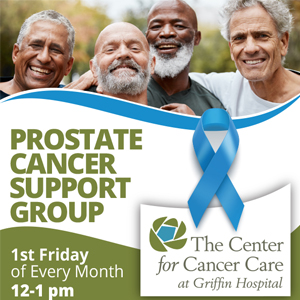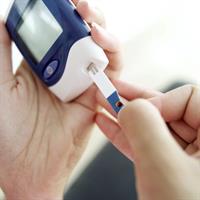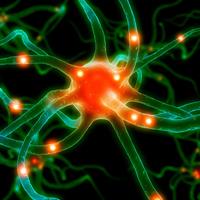
Free Hernia Screenings

Griffin Hospital will host a free hernia screening event for the community to diagnose potential hernias and offer treatment options.
Saturday, January 10
8 a.m.-1 p.m.
Griffin Hospital
130 Division Street, Derby, CT
The screenings will be conducted by Griffin Faculty Physician surgeons who specialize in hernia treatment. The screening takes about 10 minutes and participants will receive information and referrals if there is a suspected hernia.
Walk-ins are welcome. Spaces are limited, so registration is recommended. Appointments will be taken on a first-come, first-served basis.
To reserve a spot, please sign up below or call Griffin Faculty Physicians General Surgery at 203-732-3443.
Men and women can experience hernias, which occur when an internal organ or other body part protrudes through the wall of muscle or tissue that normally contains it. Typically, hernias can occur after childbirth, excessive lifting or straining, or a persistent or heavy cough. Most hernias appear within the abdominal cavity, between the chest and the hips, or in the groin.
Hernias occur in a higher frequency in men between the ages of 40 to 59 years of age. Hernias in women are often deeper and smaller, so they often do cause a visible bulge. If left untreated, hernias can cause serious problems, including blocking the intestine, pinching blood vessels and breaking through the skin.
A hernia in the abdomen or groin can produce a noticeable lump or bulge that can be pushed back in, or that can disappear when lying down. Laughing, crying, coughing, straining during a bowel movement, or physical activity may make the lump reappear after it has been pushed in. More symptoms of a hernia include:
- Swelling or bulge in the groin or scrotum
- Increased pain at the site of the bulge
- Pain while lifting
- Increase in the bulge size over time
- A dull aching sensation
- A sense of feeling full or signs of bowel obstruction
- In the case of hiatal hernias – when the upper part of your stomach bulges through the large muscle separating your abdomen and chest (diaphragm) – there are no bulges on the outside of the body. Instead, symptoms may include heartburn, indigestion, difficulty swallowing, frequent regurgitation and chest pain.





